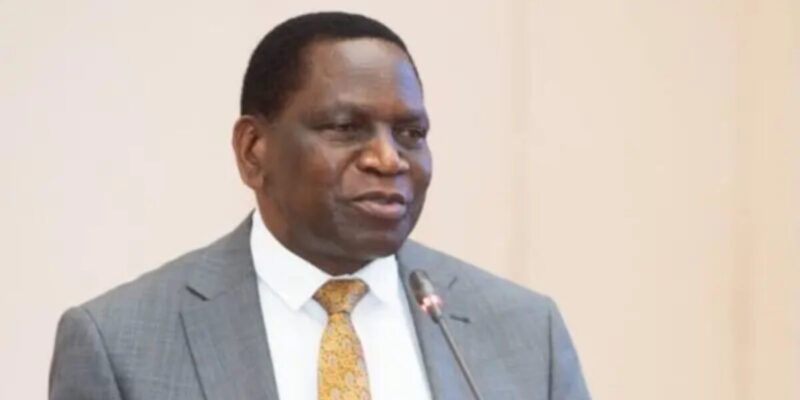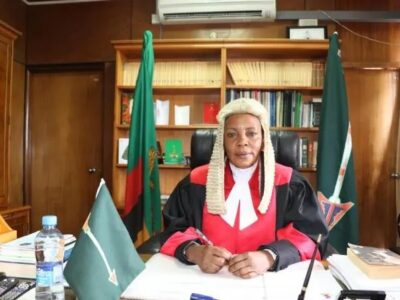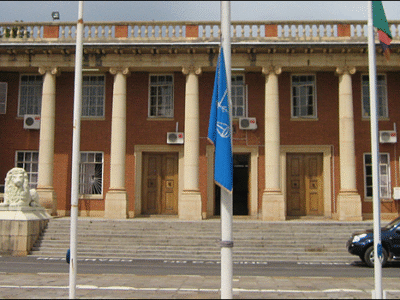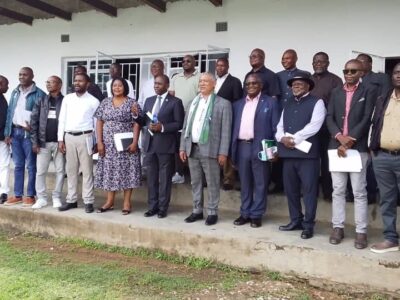The Attorney-General, Mulilo Kabesha, has submitted to the Constitutional Court that Zambia’s Citizenship Act was constitutional and does not infringe on any rights.
Kabesha urged the court to dismiss a petition by the Zambian Civil Liberties Union (ZCLU) challenging the status of former refugees, arguing that it does not raise any valid constitutional question requiring interpretation.
The case names multiple government entities as respondents, including the Commissioner for Refugees, the Chief Registrar of the Department of National Registration, Passport and Civil Registration, and the Chief Passport and Citizenship Officer at the Citizenship of Zambia Board.
The respondents argued that the petition was based on statutory provisions rather than a direct constitutional issue, emphasizing that constitutional questions must be resolved through the interpretation of the Constitution itself, not subsidiary legislation.
The government contended that the 17,666 individuals cited in the petition—who allegedly ceased to be recognized as refugees—include asylum seekers, refugees, and former refugees.
Some, it argued, were not yet born when cessation clauses were invoked and derive their refugee status from their parents.
Kabesha explained that after the cessation clauses were revoked, a local integration process was introduced, but many former refugees failed to comply with the requirements.
He added that children born to refugee parents in Zambia inherit their parents’ nationality and must apply for Zambian citizenship upon turning 18, as stipulated in the Constitution.
The Attorney-General further submitted that non-citizens residing in Zambia must hold valid immigration permits.
Refugees, he said, were granted legal status under refugee laws, which do not entitle them to automatic citizenship.
He stressed that refugee status was temporary and subject to review when conditions in their home country improve.
The government also argued that Articles 37 and 43 of the Constitution provide pathways to citizenship but must be read alongside the Refugees Act, which outlines the legal process for transitioning from refugee status to citizenship.
Read More: Attorney-General Kabesha defends legitimacy of Lungu’s 2016 tenure amid petition
It warned that granting automatic citizenship without thorough vetting could pose security risks.
Kabesha further defended the Citizenship Act’s definition of “ordinarily resident,” asserting that it clarifies constitutional provisions without amending them.
He maintained that Zambia’s legal framework sufficiently regulates the naturalization process, ensuring proper security screening and residency checks before citizenship is granted.
The Attorney-General stated that the petitioners were not entitled to the reliefs sought, as the country’s laws already provided a controlled and secure pathway for refugees seeking citizenship.
WARNING! All rights reserved. This material, and other digital content on this website, may not be reproduced, published, broadcast, rewritten or redistributed in whole or in part without prior express permission from ZAMBIA MONITOR.













Comments